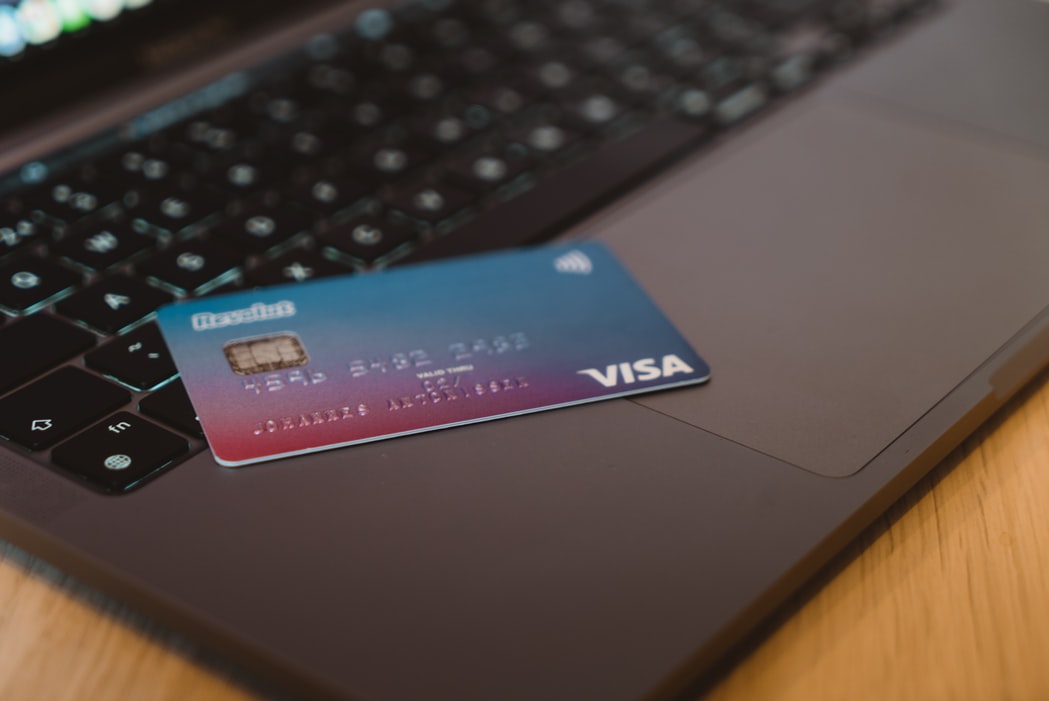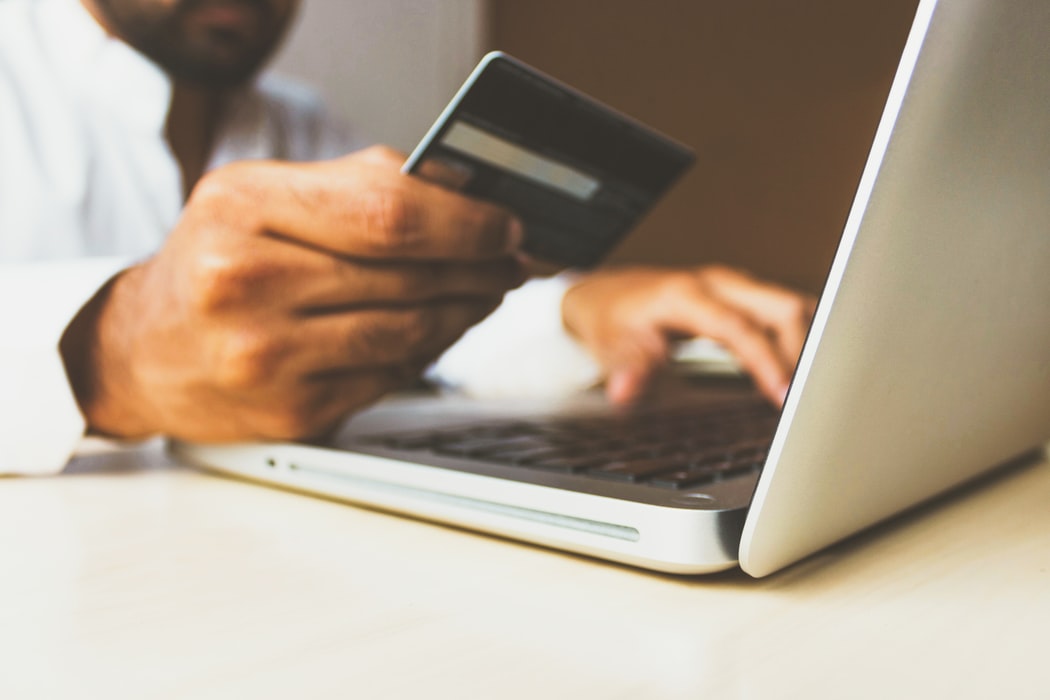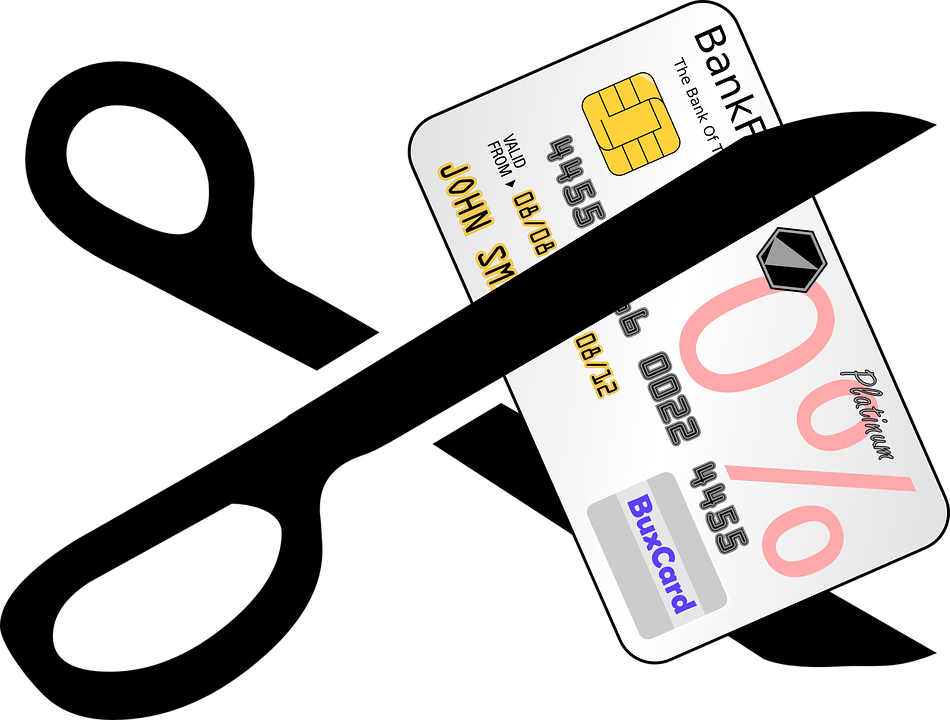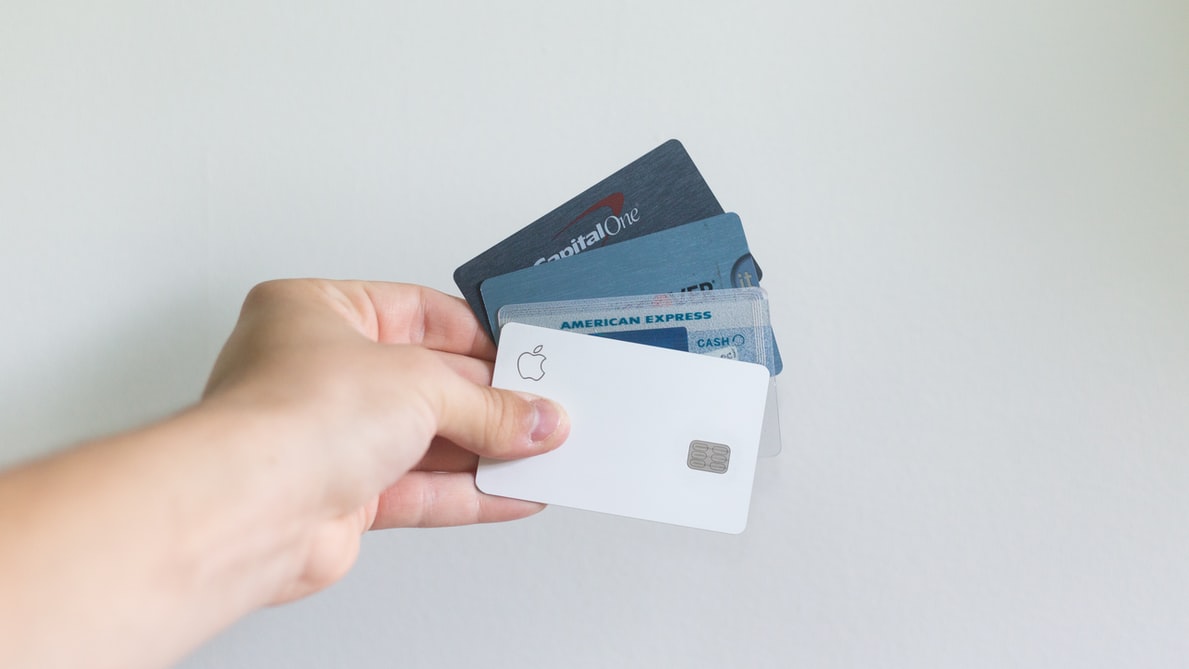A credit card is a payment card that allows you to pay for goods and services at the expense of a bank. The client can use the money provided by the bank at any time and in any place. The borrowed amount must be repaid within the prescribed period. This is the same as if you borrowed a certain amount from a neighbor, but without unnecessary questions and incredulous looks.
Do not confuse a credit card with a debit card. Debit allows you to store and use only your own funds, receive social benefits, salaries. Both cards come in different payment systems, personal and non-personal, equipped with a magnetic stripe or chip, and with support for contactless technology (paypass). If in the case of debit cards everything is very clear, then credit cards have nuances that you should be aware of when registering.
A credit card is issued to the account. It must necessarily contain:

– unique number of 16 characters;
– validity;
– surname and first name of the owner in Latin;
– technical means of payment – magnetic stripe, chip, PayPass / PayWave contactless payment carrier;
– CVC code for online payments;
– the inscription “credit card” or the word “credit”;
– bank logo and its details (phone numbers, address);
– payment system emblem.
The card initially contains money – this is the difference from a debit card. The balance depends on the approved limit. You can pay with a card, or you can withdraw part of the funds if you need cash.
The main question is why do you need a credit card? For daily or emergency spending? Or maybe for some specific purpose – for example, on a trip abroad? A card with a grace period of 100 days can be a universal solution for any task. It can be used for everyday spending, and as a “spare wallet”, which you will resort to from time to time. This will allow you to safely refund money for unplanned purchases.

For example, for the repair of home appliances or expensive tuition fees. If you constantly use the same store and would like to save on purchases, it is better to choose an offer with a lower limit and grace period, but with a cashback. For traveling abroad, a credit card that provides benefits to travelers is suitable.
It allows you to accumulate miles for free tickets, gives discounts on car rental and hotel reservations, and provides for extended insurance programs for those traveling abroad. The essence of a credit card is not in everyday use, but only in situations when it is really necessary.
«Many people do not follow this lending rule, because they consider the credit card to be a financial lifeline. Meanwhile, credit cards should only be used for purchases that cannot be paid on their own, without credit.» – says the director of InCharge Debt Solutions Karen Carlson.

Make payments on time. This is the most important credit rule. Avoid delays in credit card payments. Your credit history depends on it. A good credit history guarantees the approval of a large loan if the need arises. Therefore, you should not neglect this rule.
Moreover, delays “hit and afford”. After all, banks charge fines for violation of payment terms. As a rule, on credit cards there is a period during which money can be returned without paying interest – the so-called “grace period”. Most often, this is 50 days, although some banks do not charge interest for longer ownership of their money – for 100 days.
If you manage to pay off the entire debt during the “grace period”, then no interest will be charged. If it is not possible to pay off the entire debt, then make at least a mandatory payment before the expiration of the “grace period”. This will help avoid penalties.
“If you are constantly having trouble paying off your debt on time, it’s better to ditch credit cards,” advises Karen Carlson, director of education at the nonprofit agency InCharge Debt Solutions.

Check your credit card report. First, you may find any inaccuracies – banks are also not immune to mistakes. And secondly, checking the report will discipline you in terms of future expenses. It will be easier for you to understand where you could save money and what expenses were unnecessary. Checking your credit card report regularly is another opportunity to improve your credit story.
Do not drag yourself into a “debt hole” – plan your budget. Uncontrolled spending leads to an increase in interest payments. Treat credit card money like your own, not debt. If you are going to borrow money for a major purchase or vacation, then you need to save on something else. Then it will be easier for you to meet the “grace period” and do not have to pay interest.
Credit cards are not income, not personal money. We often forget about this, getting used to paying daily small everyday purchases with a credit card. This is fraught with exceeding the 30% credit threshold. Banks often offer to increase the credit limit, but this is not a solution to the problem. After all, a higher limit will “spur” you to spend even more available money. Therefore, weigh the pros and cons, and make sure you can handle debt repayment during the grace period.
Tips for choosing a credit card:

- Use only the amount you can repay.
- People prone to impulsive purchases should not risk their wealth and get a credit card.
- Try to get by with your available money so as not to “go into debt.”
- Choose a card with the necessary and most interesting cashback.
- Try to repay the loan before the end of the grace period. This will allow you not to overpay for using the card. To pay off debt, choose payment systems with a minimum commission percentage.
- Do not delay payment. With a bad credit history, there is no chance of increasing the credit limit.
- Use banking apps to track expenses. By controlling the movement of funds on the card, you can significantly improve your financial condition and reduce unnecessary expenses.
- Do not apply for multiple cards if you are not sure of a stable financial position.
According to myfin.us, a credit card should make life easier, not create problems. To choose the most profitable credit card option compare offers, carefully study sign-up bonus credit cards, read the terms and conditions because any banking product has advantages and pitfalls.








